Step by step
Formal steps to begin homeschooling
You can start homeschooling whenever you want. You do not have to wait for permission to do so.
Becoming a parent-teacher is an important decision, but you don’t have to do it alone. AQED can help you every step of the way.
Our position
Our position has been influenced in part by the provincial roundtable discussions on homeschooling (Table de concertation nationale en matière d’enseignement à la maison) in which AQED participated (suspended since 2018). We also consulted with other associations and community centers that support family educators in Quebec, as well as home education experts. We studied what is done in other jurisdictions. We spoke on several occasions with various lawyers, including those from the Société d’avocats Morency, experts in education law, who gave us their legal advice on the matter.
Our members and volunteers helped to draft the content of this website.
It is our hope that this website and the documents deriving from it will serve as models and standards for our relationship with the DEM.
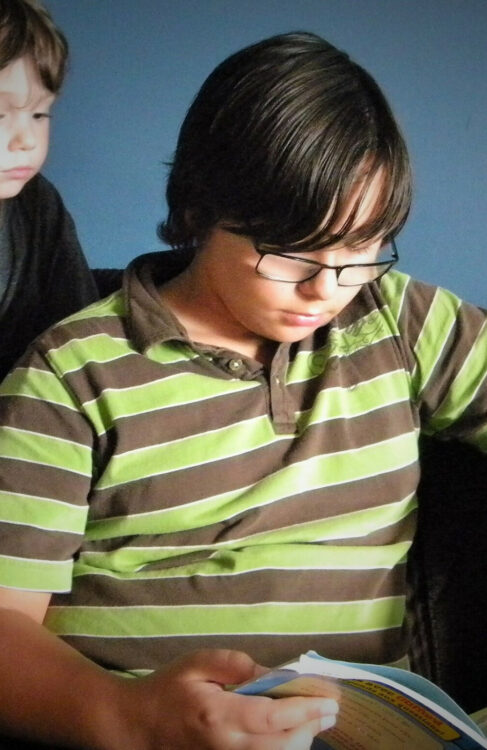
Avis de scolarisation à domicile
Première étapeThe first step is to provide your school service center or school board (SSC/SB) and the Ministry of Education a letter informing them that you are exercising your right to exemption from school attendance.
This is not a request for permission. You don’t have to justify your decision or wait for confirmation to take your child out of school or to start homeschooling.
Deadline:
- If your child is not enrolled in school for the fall, the notice must be sent before July 1.
- If your child is enrolled in school, you can wait until the start of the school year before notifying DEM and your CSS/CS that you will be homeschooling.
- If you are withdrawing your child during the school year, the notice must be sent within 10 days of the withdrawal.
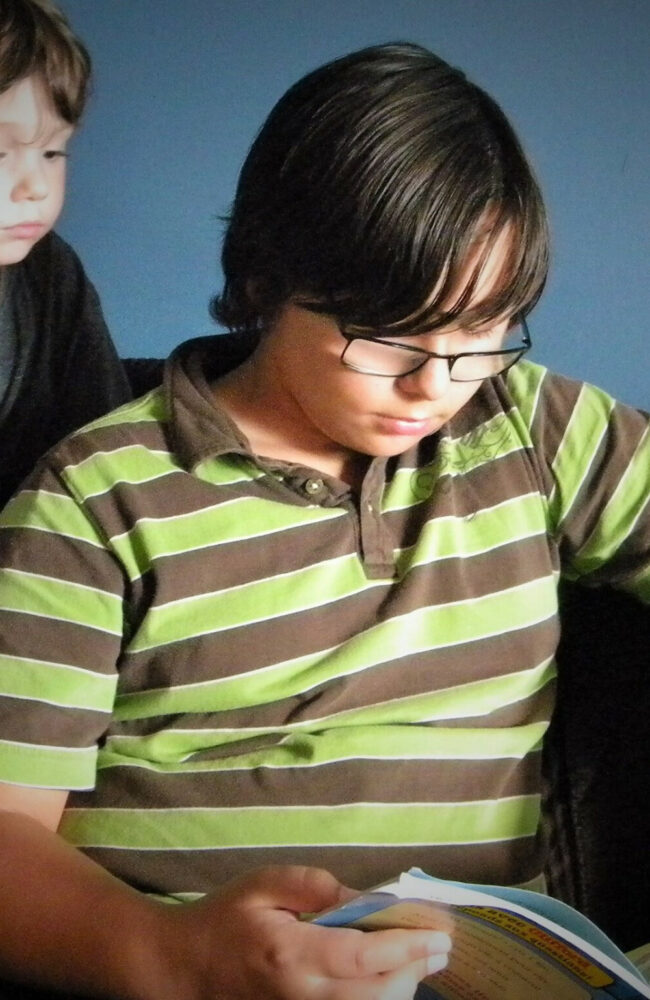
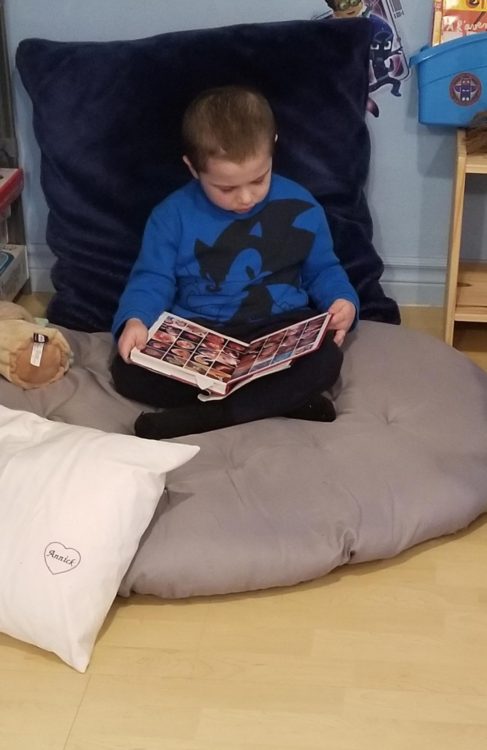
Projet d'apprentissage
Deuxième étapeThe next step is to provide a learning plan (LP) for the year, in which you name some of the resources and activities you’ll be using to target the acquisition of the competencies outlined in the Quebec Education Program (QEP) for the following subjects: French, English, math, science and social studies. On average, this document is 2 or 3 pages long.
Unless there are specific issues at stake (e.g.: a short-term plan to return to school, seeking units to obtain a secondary diploma, a need for services from the SB/SSC, a disagreement between parents on the education to be given, having an active file with the DPJ, etc.), it is not necessary to document more than the minimum required by law.
Deadline: You must submit your learning plan by September 30, unless you have withdrawn your child from school after September 1, in which case it must be submitted within 30 days of the withdrawal date.
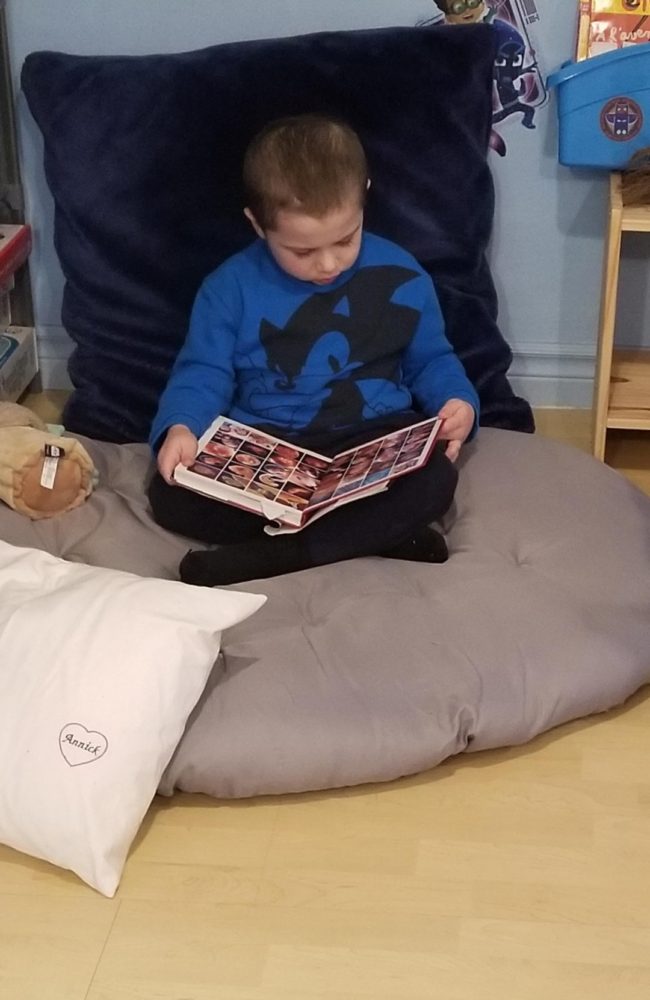

État de situation
Troisième étapeThe status report is an update of your learning project. The status report can be combined with your progress report, but we suggest that you submit them separately, so that the information contained in the status report can be used as a learning trace at the annual meeting with your Rep.
The length of your document will depend on the variety of activities you’ve carried out at the time of writing it; one or two pages may be sufficient.
Deadline: The status report should be sent 3 to 5 months after the start of your learning project.
- If you started home schooling in September, DEM expects to receive it between December and February, so the deadline is February 28.
- If you withdrew your child during the year, calculate 3 to 5 months after the date of withdrawal.
- If you withdrew your child from school after March 31, you do not need to submit a status report.


Rencontre de suivi
Quatrième étapeThe purpose of this meeting is to check that everything is going well with the implementation of the learning project, and it can take place at any time during the year.
Your resource person (Rep or RP) at the Direction de l’enseignement à la maison (DEM) will contact you at least 15 days in advance to set up an appointment. You will need to agree on a mutually convenient date and means of communication. Your child is required to attend this meeting.
According to the interpretation of the lawyers we consulted, telephone is a means of communication that complies with the regulations. Unfortunately, the DEM systematically refuses this as a means of communication and treats insistence on the use of the telephone as a refusal to meet. The DEM accepts videoconferencing and face-to-face meetings at a location outside the home (library, community center, school, school board/service center, DEM offices, etc.) or at the family home.
Only one follow-up meeting is mandatory during the year, but certain situations may warrant a request for an additional meeting by the DEM.


Bilan de progression
Cinquième étapeThis is a document that illustrates the child’s learning progress, with a description by the parent. There are two reports to be made during the year; one at the midterm (midterm report) and one at the end of the year (completion report). The mid-term report and the status report can be combined in a single document. The same applies to the completion report and the portfolio, if you have chosen this method of evaluation.
Deadline:
The mid-term report is due 3 to 5 months after the start of implementation of your learning plan. In other words:
- If you started homeschooling in September, you must submit your midterm report between December and February. RPs usually expect these reports by February 28th at the latest;
- If you withdrew your child from school between September and December, you need to calculate 3 to 5 months after the withdrawal date;
- If you withdrew your child after January 1, there is no midterm report to submit.
The completion report must be submitted before June 15.

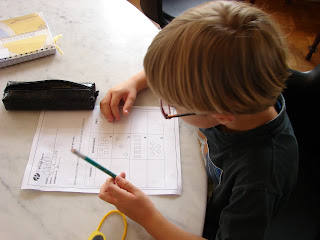
Évaluation annuelle
Dernière étapeAccording to the regulations, the child must be assessed at least once during the year.
Parents have four choices for evaluating their child. Three are assessments carried out by a third party (whom we call an”evaluator”) and the other is an assessment carried out by the DEM, examining the child’s activities submitted by the parent as a portfolio.
In grades 4 (for French students only), 6, secondary 2, 4 and 5, certain subjects must be assessed by ministerial examination. Other subjects must be assessed by one of the four other options.
Deadline: The evaluation deadline depends on the type of evaluation chosen. A portfolio must be submitted by June 15, an attestation of evaluation by an evaluator must be submitted by July 10, and the achievement record for single-subjects evaluated by ministry examination in secondary 4 and 5 must be sent to DEM by July 15.

Ministry follow-up
The Ministère de l’Éducation et de l’Enseignement Supérieur (MEES) is responsible for ensuring the homeschooling follow-up, through the Direction de l’enseignement à la maison (DEM). This follow-up consists in:
- Receiving and examining the documentation.
- Ensuring that all requirements relating to its implementation as well as the evaluation of the child’s progression are met.
- Supporting families by assisting parents that require it.
- An advisory role, especially in regards to activities, educational resources and ministerial learning programs.
You will find their contact details as well as access to a secured space to upload your documents, and more information, including FAQ, on MEES’s website.
General recommendations
Documents and written communications
- Write short documents and use simple language.
- Keep a written copy of your communications.
- You can seek inspiration from our examples and templates to write your documents.
Language of communication with the DEM
Communication with the DEM is not subject to Bill 101. You may communicate with them in the language of your choice (subject to the availability of staff who speak the language).
Documentation to be submitted
Your time is precious and should be devoted to your children’s learning. AQED believes that the documentation you supply to the DEM should be limited to the minimum necessary to fulfill your legal obligations. Minimal documentation does not equate to minimal education, and studies show that increased government control does not equate to greater success for children either.
Writing lengthy and complex documents can create precedents and additional expectations on the part of the DEM. We are thinking here of large families, those with special needs children, and those with educational approaches for whom it is harder to document their daily lives. Let’s be in solidarity among family educators and remember that it is in the best interest of the children that your time is not wasted on administrative tasks designed solely to reassure DEM of the absence of educational neglect.
In case of a dispute
AQED encourages a positive and constructive attitude in your relations with the Direction de l’enseignement à la maison (DEM) and with your school board or service center. It is beneficial for both parties if this relationship is one of exchange and respect, with the common goal of our children’s well-being.
However, there may be times when you find yourselves in a situation of conflict and can’t find common ground.

